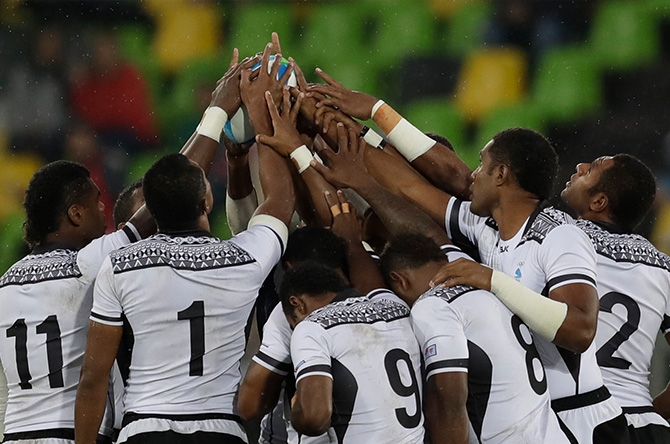UNLESS you are cocooned in a tourist bubble, it is hardly possible to miss God when you visit the Pacific Islands. In every village and on every main street there seems to be a church or temple, packed to bursting point on holy days.
It is testament to the considerable influence of spirituality on the way people live in the Pacific. Yet almost every well-intentioned outside agency – including those of foreign governments such as Australia and the European Union – that seeks to help the region’s people adapt to the effects of future climate change is drawing up its plans in secular ways, and communicates using secular language. Over some 30 years, most such interventions have failed, proving neither effective nor sustainable.
The answer to the question “why” may in part lie in the sidelining of God. At this point, conversations with representatives of donor organisations often become awkward. Why, they ask, should spirituality have any role in a problem like climate-change adaptation or disaster risk management, which is so clearly framed in human, secular terms?
The answer lies in who does the framing. Far fewer people in most donor programs are spiritually engaged than in the Pacific.
…..to read more buy your personal copy at
